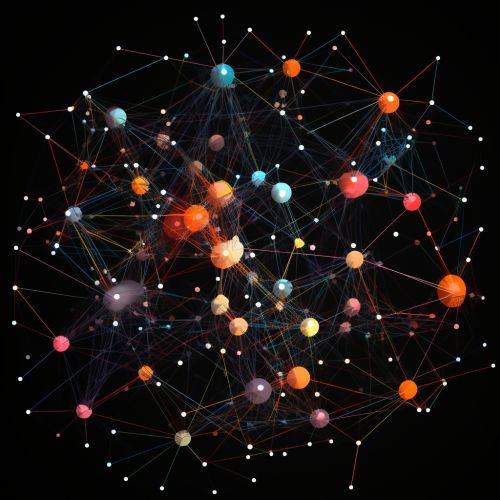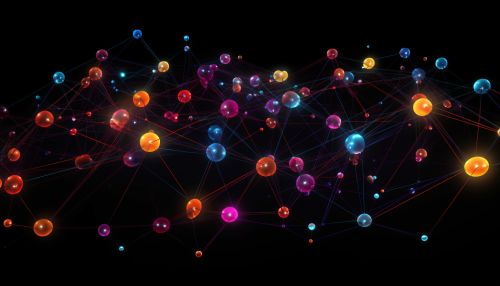Schema Theory
Introduction
Schema theory, a concept in cognitive psychology, is a framework for understanding how individuals encode, store, and retrieve information from memory. It is a mental structure that represents some aspect of the world, and is used to organize current knowledge and provide a framework for future understanding.


Origins and Development
The concept of schema was first introduced by British psychologist Frederic C. Bartlett during the 1930s. He proposed that our understanding of the world is formed by a network of abstract mental structures. Later, the theory was further developed by Jean Piaget, a Swiss psychologist who is known for his work in child development. Piaget proposed that children construct their understanding of the world through their experiences and interactions with it.
Types of Schemas
There are several types of schemas, including:
- Self-schemas - These are the information we hold about ourselves. They help us to understand and predict our own behavior.
- Person-schemas - These are the information we hold about different types of people. They help us to understand and predict others' behavior.
- Role-schemas - These are the information we hold about the roles we and others play in society.
- Event-schemas - Also known as scripts, these are the information we hold about the sequence of actions that occur in particular situations.
Role in Cognitive Processes
Schemas play a significant role in various cognitive processes. They are involved in perception, as they allow us to predict or make sense of the world around us. They also play a role in memory, as they help us to organize and store information. Furthermore, schemas are involved in the process of learning, as they provide a framework for understanding new information.
Schema Theory and Education
In the field of education, schema theory has significant implications. It suggests that prior knowledge is essential for learning, as it provides a framework for understanding new information. Therefore, educators should aim to activate students' prior knowledge before introducing new topics. Additionally, the theory suggests that learning is an active process, as students must construct their own understanding of new information.
Criticisms and Limitations
Despite its wide acceptance, schema theory has been criticized for its lack of specificity. Some critics argue that the theory is too vague and does not provide a clear explanation of how schemas are formed or how they influence cognition. Additionally, the theory has been criticized for its reliance on the concept of the schema, which some argue is an abstract construct that cannot be directly observed or measured.
Conclusion
Despite these criticisms, schema theory remains a fundamental concept in cognitive psychology. It provides a framework for understanding how individuals perceive, understand, and remember information about the world. As such, it has significant implications for various fields, including education, artificial intelligence, and human-computer interaction.
